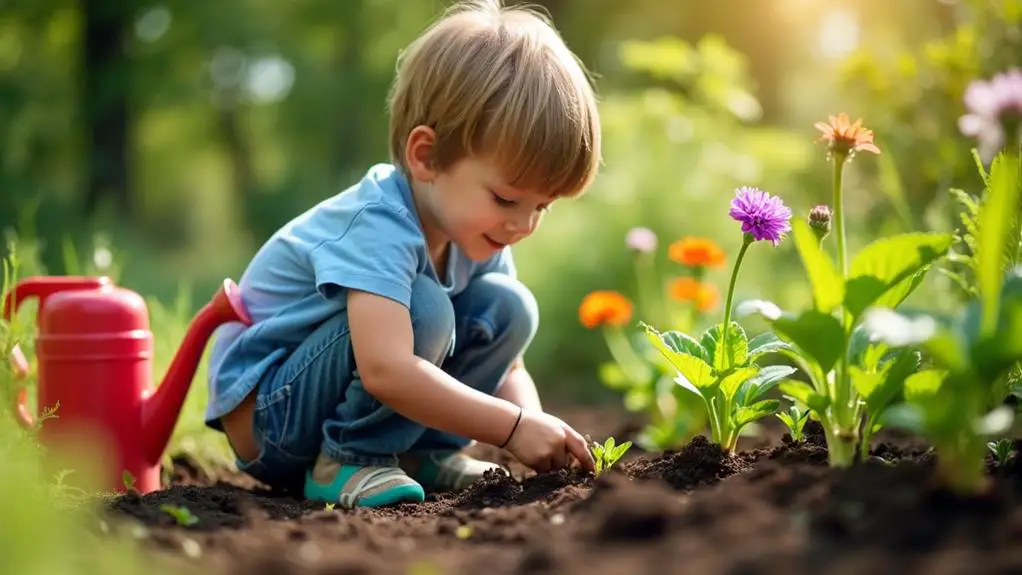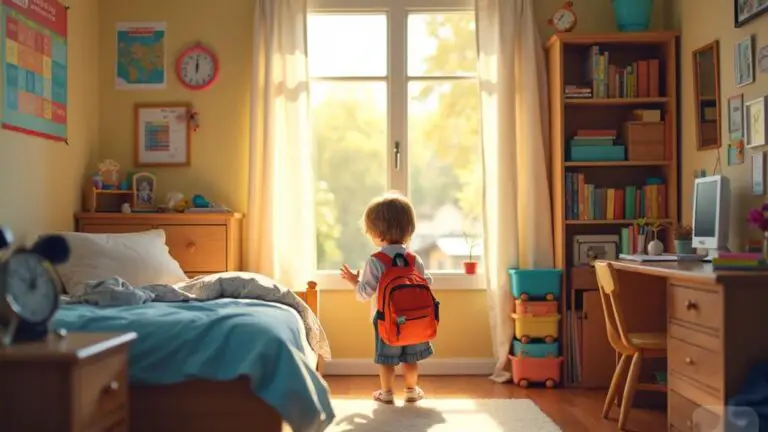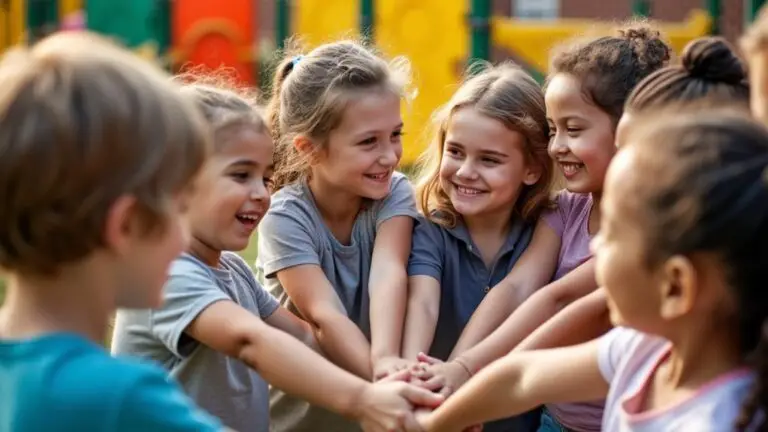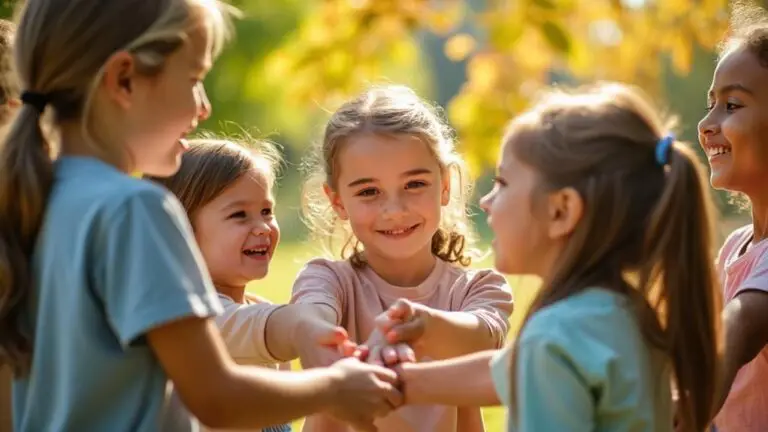Developing a Growth Mindset in Kids
I've been fascinated by the concept of growth mindset and its potential to transform how children approach learning and challenges. As a parent and educator, I've witnessed firsthand the remarkable difference in motivation and resilience when kids believe their abilities can be developed through effort and perseverance. It's not just about academic success; a growth mindset can shape a child's entire outlook on life. But how do we cultivate this powerful perspective in our young ones? The answer lies in a combination of strategies that might surprise you, and the impact can be truly life-changing.
Key Takeaways
- Praise effort and process rather than innate abilities to encourage perseverance and learning.
- Teach children about brain plasticity to help them understand their potential for growth.
- Encourage embracing challenges and viewing mistakes as opportunities for learning and improvement.
- Use positive language to reframe difficulties as chances for development and problem-solving.
- Introduce growth mindset-themed stories and activities to reinforce concepts in an engaging way.
Understanding Growth Mindset
Nearly every parent wants their child to succeed, but many don't realize the power of fostering a growth mindset. I've learned that this concept, coined by Carol Dweck, is about believing intelligence and abilities can be developed through effort and learning. It's not just about academic performance; it's about embracing challenges and focusing on the learning process.
I've seen firsthand how children with a growth mindset show greater resilience and adaptability. They're more willing to take on difficult tasks and learn from mistakes. Understanding brain plasticity is key – it helps kids grasp that their brains can grow and change with effort and persistence.
To promote this mindset, I've found it effective to praise the process of learning rather than just outcomes. I also try to model a growth-oriented attitude in my own life, sharing personal examples of overcoming obstacles through perseverance.
Benefits for Children
Adopting a growth mindset offers numerous benefits for children, both academically and personally.
I've seen firsthand how this mindset can transform a child's approach to learning and challenges. Children with a growth mindset often achieve higher academic performance, showing improved grades and enthusiasm to tackle advanced classes. They're more resilient, viewing mistakes as opportunities for growth rather than setbacks.
This mindset fosters:
- A curious explorer, ready to embrace new experiences
- A determined problem-solver, persisting through obstacles
- A confident learner, believing in their ability to improve
I've noticed that children with a growth mindset tend to be happier and more adaptable. They approach challenges with a positive attitude, seeing them as chances to develop their skills.
This persistent outlook contributes to better mental well-being and equips them with valuable life skills for future success.
Cultivating a Growth Mindset

Fostering a growth mindset in children requires intentional effort and consistent reinforcement. I've found that cultivating a growth mindset involves several key strategies. First, I use positive language to reframe challenges as opportunities for growth. I encourage kids to view mistakes as valuable learning experiences. By introducing children's literature with growth mindset themes, I reinforce these concepts through engaging stories.
| Strategy | Purpose | Example |
|---|---|---|
| Positive Language | Reframe challenges | "I can't do this yet" |
| Hard Thing Activity | Promote persistence | Choose challenging tasks |
| Reflection | Internalize effort | Discuss achievements |
| Growth Mindset Books | Reinforce concepts | "The Magical Yet" |
| Mistake Celebration | Embrace learning | "Mistakes Are How I Learn" |
These approaches help children develop resilience, embrace hard work, and understand that their abilities can grow through dedication and practice.
Overcoming Challenges and Setbacks
When faced with challenges and setbacks, children with a growth mindset exhibit remarkable resilience.
I've observed that these kids view obstacles as opportunities for growth, embracing mistakes as valuable learning experiences. By implementing strategies like reflective journaling and problem-solving games, we can help children develop effective coping mechanisms to navigate difficulties.
Research shows that praising effort rather than innate ability greatly boosts resilience, motivating kids to face adversity with a positive attitude.
To foster this mindset, I encourage:
- Sharing personal stories of overcoming challenges
- Engaging in discussions about perseverance
- Encouraging reflective practices after setbacks
Conclusion
I've learned that fostering a growth mindset in children is essential for their success. By encouraging them to embrace challenges, learn from mistakes, and persist through difficulties, I'm helping them develop resilience and adaptability. I'll continue to use positive language, engage in problem-solving activities, and introduce inspiring literature to reinforce these concepts. With these tools, I'm confident that children will be better equipped to face life's challenges and achieve their full potential.







